How Apparel Manufacturing Empowers Women In Developing Countries

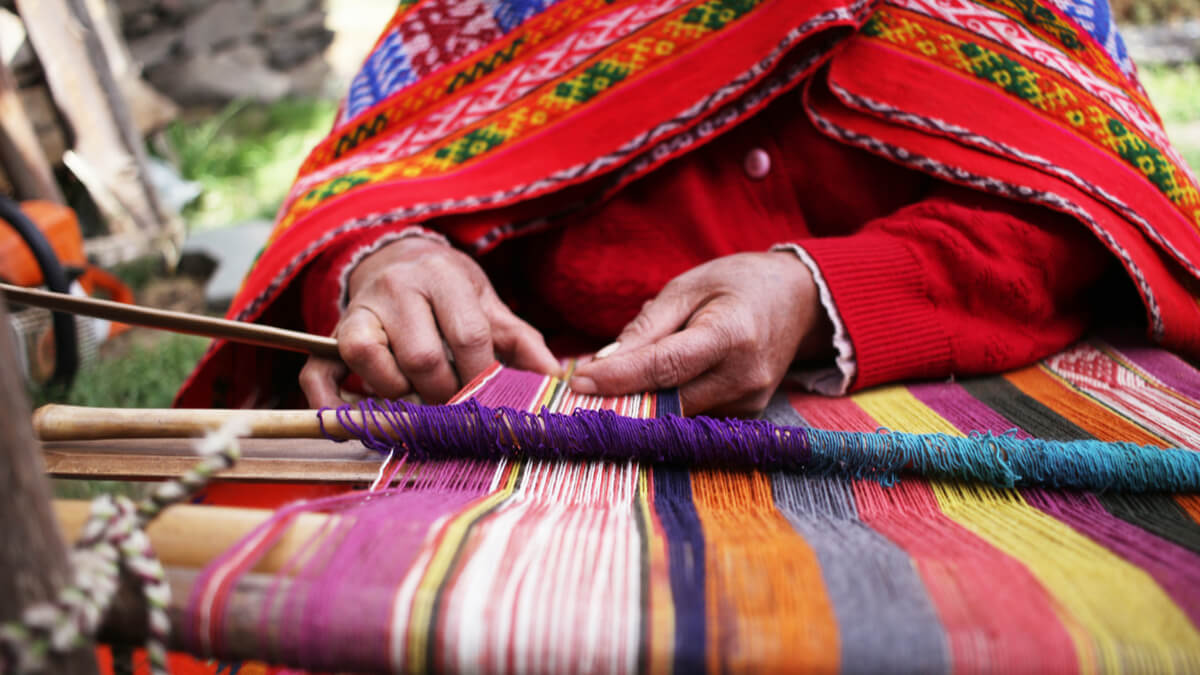

The apparel industry is one of the largest industries in the world, second only to the agriculture industry, and interestingly, more than 60% of the workforce in the apparel industry comprises women.
It is one of the few industries that has traditionally been dependent on women artisans, and today the apparel industry continues to open up jobs that empower women, especially in the developing countries. Bangladesh, for instance, is a leading player in the global readymade garments industry employing 3.6 millions workers, with more than 50% of the workers being women. The female labor force participation in Bangladesh has grown from 24.73% in 1990 to 36.26% in 2019, and a significant percentage of these women are employed in the garment industry that accounts for more than 80% of the nation’s earnings in terms of exports. Likewise, in India the garment industry provides employment to 15 million people with 90% of the workers being female. More importantly, women are found at all levels of organization, from skilled workers to managers to executives.
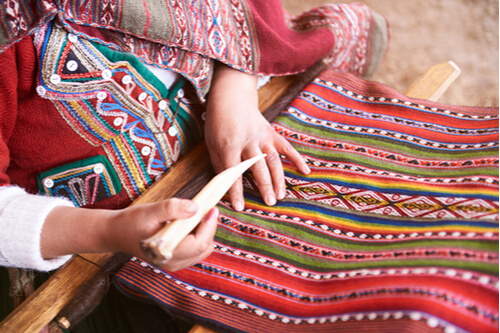
In recent years, brands such as GAP, ZARA, and H&M have started to rely heavily upon the manufacturing units in South Asian countries, where the apparel industry integrates women artisans into the mainstream workforce. Such integration not only uplifts women to be economically independent, but also has strong social, political, and cultural impacts.
Reaching Out To Marginalized Women
Historically, women’s labour has been exploited in multiple ways, more so in the economically underprivileged families where women do not receive the education that is necessary for social mobility. Apparel manufacturing has opened up professional avenues for such women from the poorest of families by providing them with paid jobs.
Women without a formal education can be trained to develop skills that are important to the apparel manufacturing process (such as weaving, stitching, embroidery, dying, and so on). Numerous apparel companies and socially responsible NGOs have made the effort to coach women of different age groups in these requisite skills, eventually empowering them to make a living for themselves.
In UAE, social enterprises have successfully introduced women artisans to new markets by promoting their traditional skills in stitching and embroidery. While these women do not have access to jobs in the outside world owing to their social and religious constraints, they can continue to earn a living for themselves by being a part of the apparel manufacturing industry from their homes.
While it is often argued that the apparel industry employs women because they can be paid low wages owing to the traditional gender-based inequity in the workplace, it is important to acknowledge that the industry is providing women with scopes that they otherwise had no access to. Besides, an increasing number of apparel manufacturing companies are now displaying a heightened sense of social responsibility. They are aiming to secure fair wages and a nourishing work environment for women artisans who are present everywhere from Bangladesh to Cambodia to the poorest parts of the Philippines.
Informing women about their rights
The apparel industry has not only supported women in terms of economic upliftment but opportunities to work together in groups with other women have also made them more informed about their rights in the workplace, in the society, and at home.
European companies have rightly been attacked for not providing the women workforce in the developing countries with a fair living wage, but at the same time, there have been instances where women workers have mobilised into unions and led labour organizations - their fights have been strong enough to draw attention from the global audience.
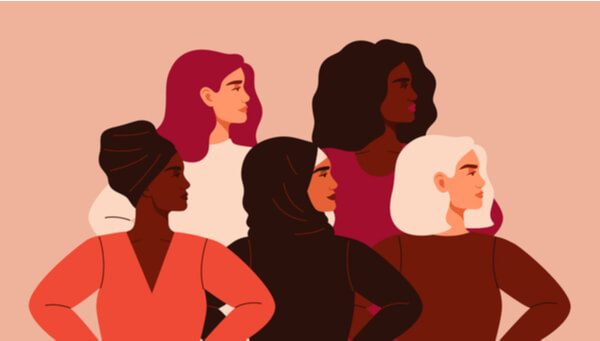
Women workers in the clothing industry now receive considerable support from Western and local organizations that push apparel companies to improve compensations and working conditions for their employees. Visibly, women’s integration into the clothing industry has led them towards an experience of political and social awakening, where they can fight and secure better employment conditions for themselves through their own grit and rigour.
Such social and political participation paired with economic independence is eventually expected to improve the status of women in their own households as well. Financially self-sufficient workers find it relatively easier to combat issues like domestic violence and they have better possibilities of walking out of an abusive household. Studies also reveal that women who have been empowered through their jobs in the apparel manufacturing industry aim to educate their own daughters for a brighter future.
Providing jobs to refuge women
A special mention needs to be made of the unprecedented role the apparel manufacturing industry has played by providing jobs to Palestinian refugee women who live in the camps of Lebanon and Jordan. Such women and their families, who are victims of political turmoil, have found a way to sustain themselves respectably with aid from the apparel manufacturing industry, where their skills and craftsmanship have earned great use.
Opportunities for women from all social spheres
The apparel manufacturing industry has not merely opened up employment opportunities for women from marginalized groups, but the industry has also helped women to undertake entrepreneurial ventures.
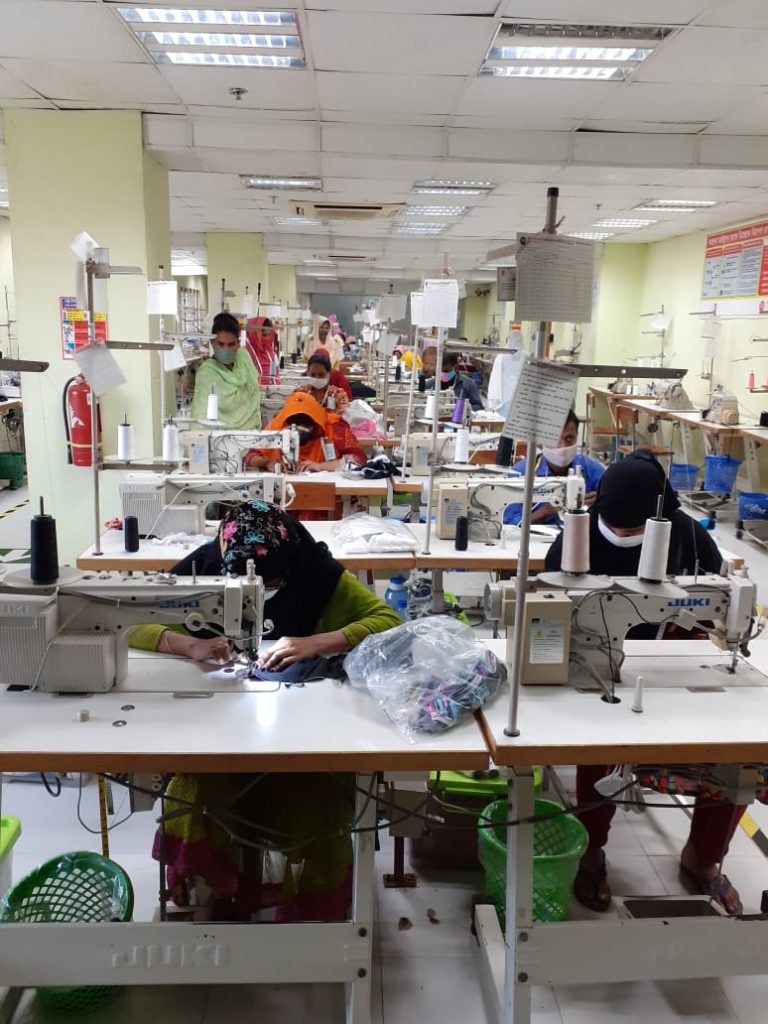
Thousands of women in developing countries have started their own fashion lines, boutiques, and manufacturing units. Such women entrepreneurs go on to create more jobs for other women and uplift each other in the process, with the apparel industry bringing them all together.

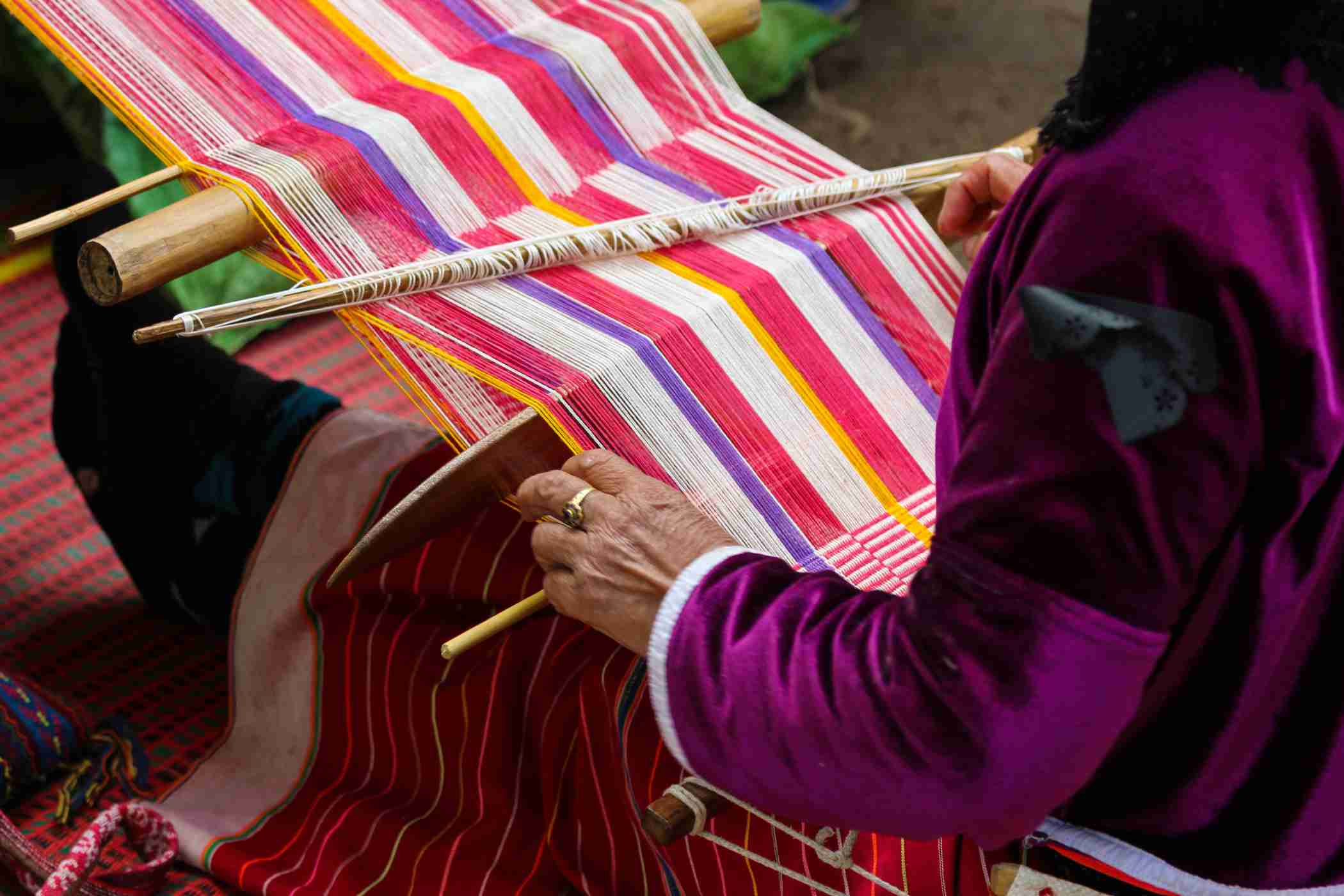
Scope Of Indian Handicrafts: A Look At The Post-Pandemic Future For Indian Handicrafts
5 min read
972 views

Which Countries Have The Best Clothing Manufacturers? (Industry Research)
5 min read
9.7k views
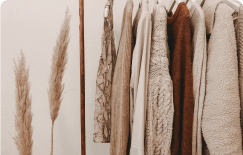
Pros and Cons Of Manufacturing in India, Bangladesh, China, and Vietnam: A Comparative Study
5 min read
4.0k views















